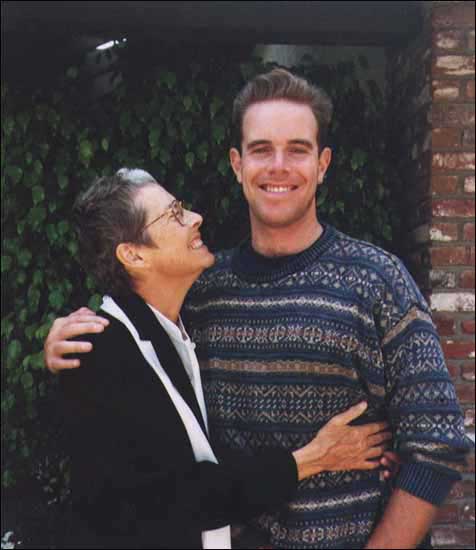
The American popular music business is not what it once was
When digital technology in the form of CD ripping and file sharing ravaged the music industry, I did not mourn. I would see all my high school students take their music collection out of their backpacks and all the CDs were copied, and I would just cheer inwardly. “Yeah, America! Pirate away!” When album sales plunged and the record companies lost billions, I applauded. “Couldn’t happen to nicer people!” I thought to myself. I had always figured there was a level of hell reserved for greedy, exploitative music executives.
A few years later it happened to the movie business. High quality flat screen TVs and surround sound home theater systems coupled with DVD rentals inaugurated a new era in entertainment viewing. Why go to a crowded theater and sit near loud obnoxious teenagers with nothing better to do on Friday night than go to the movies just to be with their friends to escape the ‘rents? Why not stay home and enjoy a quality movie experience in the privacy of your house? Why not avoid getting ripped off at the concession stand for popcorn and a drink and make your own at home almost for free? Once you have invested in a home theater for your living room, all you have to do is rent the DVD — it will only set you back a couple of dollars. In contrast, nobody goes to the movie theater with their family without dropping at least 30-40 bucks. I think I have seen maybe three movies in the theaters in the past two years.
Is anyone surprised that movie ticket sales are way down?
And I could care less if the movie studios and entertainment industry lose money. (In fact, I hope they lose money.) I look at 90% of the movies released on any given Friday and can hardly take them seriously. Americans used to go to the circus to see the bearded woman and be amazed and stupefied. Now we have the blockbuster movie release. Will we really be worse off if it goes the way of the messenger pigeon and dinosaur?
But a similar change has arrived to journalism and it hits much closer to home. For years I have been reading how newspaper circulation has declined precipitously and newsrooms have shrunk as reporters have been laid off. Print media has struggled to compete with online information sources, and young people supposedly just don’t read the newspaper anymore; advertisers have taken their business elsewhere, and media organizations large and small have struggled to remain profitable. The financial resources seem just not to be available to media organizations like in the past. The inability of journalists to cover thoroughly politics and current trends because of budget cuts and dwindling resources is dangerous for a free society, and I worried about changes in journalism without directly seeing or feeling them.
But that changed last month. The Ventura County Star shrunk their paper, combining business and technology news on Monday and thereby producing less inches of print every week; they save much money by reducing their paper outlay. And then the Los Angeles Times got rid of the Book Review and Opinion section, simply assigning them in reduced form to other sections of the paper. Consequently, there is simply less “there” there in these newspapers. But if they might be shrunken newspapers the owners have not correspondingly shrunken their prices: the newspaper subscriber gets less for the same price. The newspaper owners would probably respond that they are just trying to stay in business at all.
Frankly, I no longer see the LA Times as the world-class newspaper it had been all my life. Thankfully, the New York Times, to which I also subscribe, has not shrunk its paper. It still has full-blown Book Review and Op-Ed sections, and to read it cover to cover on Sunday occupies two blissful hours. The NYT has so far not succumbed to the USA Today shorthand version of newspapers that seems to be the trend. (“Read it all in your car while stopped at a red light on your way to work in the morning!”) But the NYT is hemorrhaging money, too. How long until the famous “Gray Lady” of American journalism also begins to shrink? How long until the NYT becomes a pale shade of what it once was?
Change is often threatening and always hard. If the fall of once mighty and capable news reporting means something important and valuable is lost, what of value might arise in its place?

This crisis in print journalism has hit home in a way that the entertainment industy did not.


